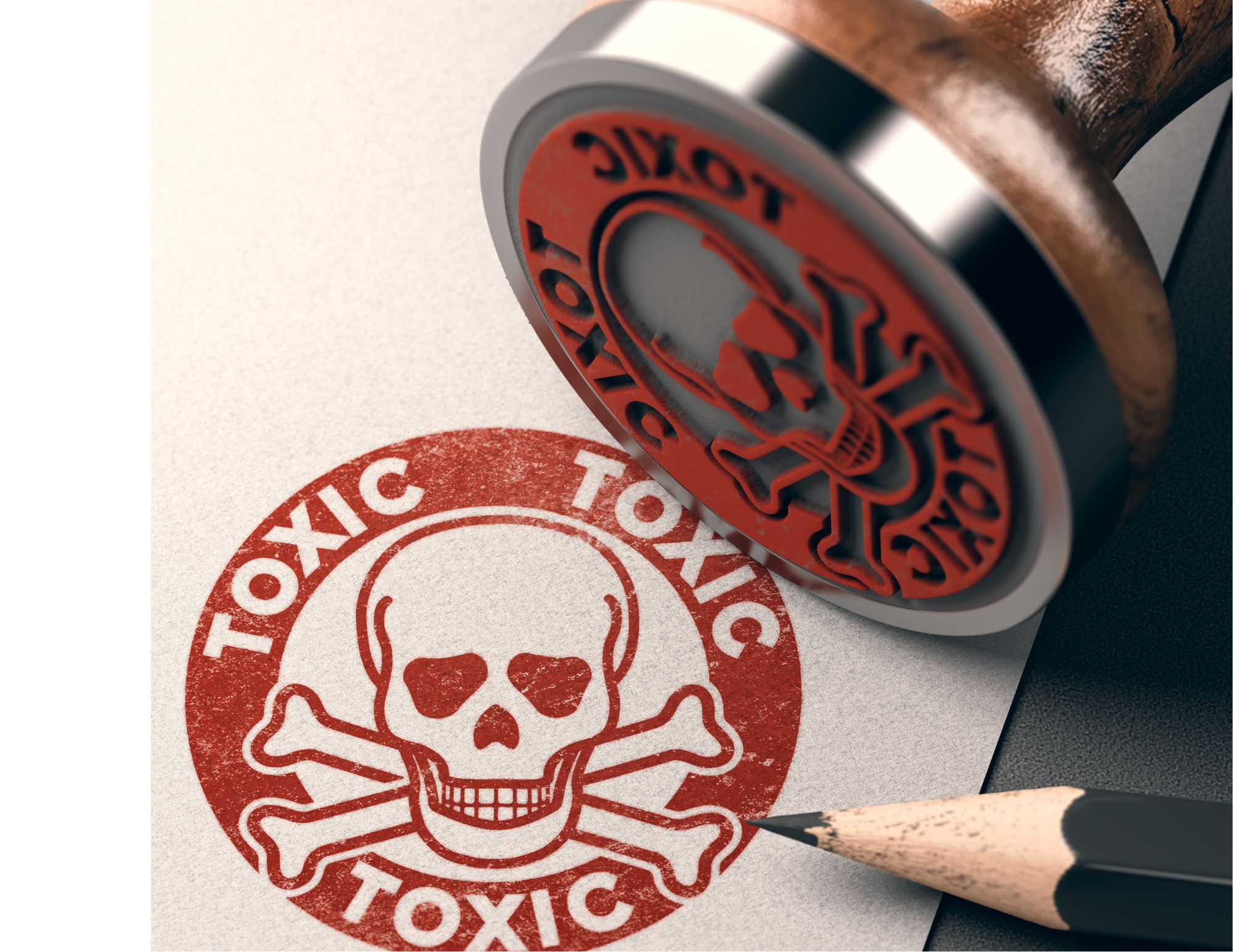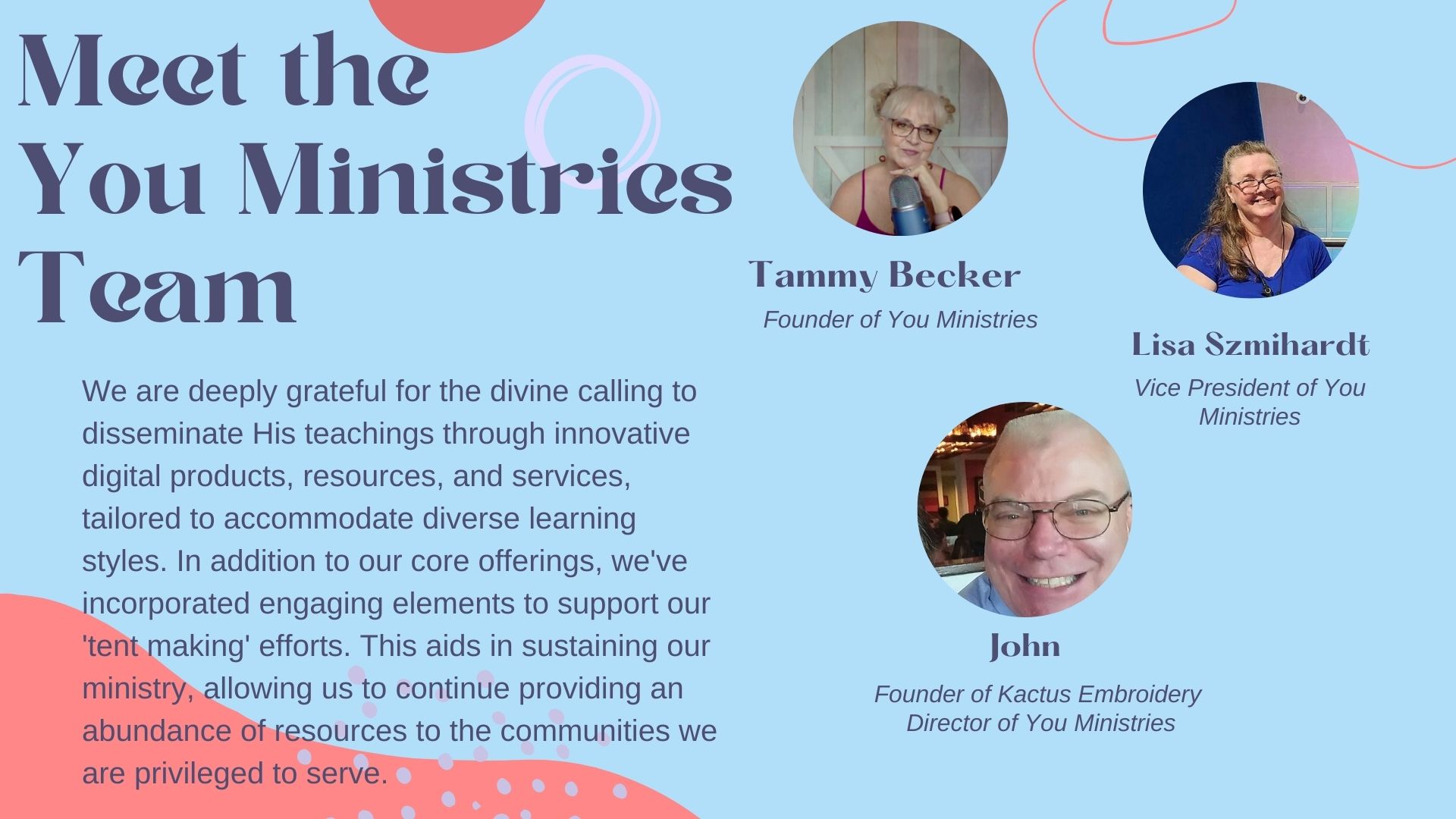The 3 Most Common Traits Of Toxic People
Mar 26, 2025Have you ever noticed how the atmosphere can shift when a toxic individual enters the room? It's as if the air grows dense and suffocating, making it difficult for others to breathe.
This phenomenon is reminiscent of the biblical account in Genesis 4:7, where God warns Cain, "If you do not do well, sin is crouching at your door. Its desire is contrary to you, but you must rule over it." Just like sin, toxic individuals can have a profound and often negative impact on their surroundings.
Toxic individuals share certain traits. They often behave in ways that are unsettling, and they frequently find themselves in conflict with others. The phrase "suck the life from the room" aptly describes their effect, as their presence can drastically alter the atmosphere.

While there isn't a single definition of a toxic person, there are common characteristics. These individuals often exude negativity, crave attention, and cause disruptions. Just as God advised Cain to master his sin, we too must learn to navigate and manage the influence of toxic individuals in our lives.
These common traits are consistent with toxic individuals. Let's explore each of these traits in more depth:
1. Negativity:
Toxic individuals often harbor a negative outlook on life, focusing on the downside of situations or people. They may regularly complain, criticize, or engage in pessimistic thinking. This is reminiscent of Proverbs 18:21, "Death and life are in the power of the tongue, and those who love it will eat its fruits." Their negativity can drain the emotional energy of those around them and impact the overall atmosphere of relationships or environments.
2. Attention-Seeking Behaviors:
Toxic people may engage in attention-seeking behaviors to gain validation, sympathy, or control over others. This can manifest as constant neediness, dramatic actions, or seeking constant reassurance. As stated in Galatians 1:10, "For am I now seeking the approval of man, or of God? Or am I trying to please man? If I were still trying to please man, I would not be a servant of Christ." These behaviors can be exhausting for others and may lead to codependent relationships.
3. Disruptive Behaviors:
Toxic individuals may engage in behaviors that disrupt harmony and stability in relationships or groups. This can include causing conflicts, spreading rumors, or manipulating others. Their disruptive actions can create tension, mistrust, and chaos in social and professional settings, much like the discord sown by the serpent in Genesis 3.
It's important to note that individuals with these traits may not necessarily be inherently bad people. Many people exhibit these behaviors at times, especially during periods of stress or personal challenges. However, when these behaviors become chronic and consistently harm others, they are often labeled as toxic.

Dealing with toxic individuals can be challenging. It's important to establish boundaries and prioritize your own well-being when interacting with them, as advised in Proverbs 4:23, "Above all else, guard your heart, for everything you do flows from it." In some cases, seeking support from friends, family, or professionals may be necessary to navigate these relationships effectively or decide when it's appropriate to distance oneself from toxic influences.
Toxic people share toxic traits, and they don't always express themselves in the same way.
Toxic people tend to be manipulative and forceful, but not all toxic people are manipulative or forceful. They can also be passive-aggressive, but not always. They may project their feelings onto others, but that doesn't mean they're always passive-aggressive. This reminds us of the words in Proverbs 26:24-26, "People may cover their hatred with pleasant words, but they’re deceiving you. They pretend to be kind, but don’t believe them. Their hearts are full of many evils."

Toxic people don't have to be loud or aggressive in order to be toxic—they can be quiet, too. But they do tend to have a way of making you feel like there's something wrong with you for having your own opinion or being who you are. And if you try to stand up for yourself, they'll push back even harder until you give in—and then act like it was all your idea anyway. This can be likened to the Pharisees in the Bible who were outwardly righteous but inwardly full of hypocrisy and lawlessness (Matthew 23:28).
But just because someone's not as outwardly toxic as someone else doesn't mean they aren't toxic at all! It's all about how someone treats us on a regular basis that makes them toxic in our eyes—not how they behave when we're around them (or how they behave online). As stated in Matthew 7:16, "You will recognize them by their fruits. Are grapes gathered from thornbushes, or figs from thistles?" This emphasizes that it's not the outward appearance or behavior that defines a person's toxicity, but their consistent actions and treatment towards others.
Toxic people are negative
Do you know a person who always puts a negative spin on everything? They see the worst-case scenario, and they focus on the worst parts of everything. They’re always complaining, and they’re never satisfied with anything. This reminds us of the Israelites in the wilderness who, despite God's provision, constantly grumbled and complained (Numbers 11:1).

Negativity is a general term that covers a lot of ground. Toxic people tend to see the worst in people, the worst-case scenario, and focus on the worst parts of everything. Their negative attitude can ruin morale, the day, and over time can drain your energy. One of the most common traits toxic people share is negativity. This can be likened to the Pharisees who always focused on the negative and criticized Jesus (Matthew 12:24).
You probably won’t hear the term toxic positivity. While someone’s perpetual happiness could get on your nerves, happy people don’t tend to cause too many problems. Negative people on the other hand can do a lot of damage. This brings to mind Proverbs 17:22, "A cheerful heart is good medicine, but a crushed spirit dries up the bones." It's a reminder that a positive attitude can bring life and healing, while a negative one can cause harm and destruction.
Toxic people always want attention
People who are well-adjusted don't have to have constant contact with other people. They're happy and content with themselves, and they don't need constant attention from others in order to feel good about themselves. Well-adjusted people can be confident enough to let others shine, and they don't need the drama that toxic people thrive on. This is reminiscent of the Apostle Paul's words in Philippians 4:11, "Not that I am speaking of being in need, for I have learned in whatever situation I am to be content."
Toxic people, on the other hand, thrive on the drama that comes with needing constant attention. They are constantly seeking attention from others, whether it's positive or negative. Toxic people tend to feed off of other people's emotions, and they love engaging in arguments or fights—even if they lose! Toxic people also love being involved with drama because it makes them feel important. This behavior is similar to the scribes and Pharisees in the Bible who loved to be seen and praised by others (Matthew 23:5-7).

Demanding attention makes it hard for others to shine because toxic people tend to monopolize conversations by always wanting to process everything. In today's world with unlimited ways to connect with others (texts, emails, social media), it can be hard to be in relationship with toxic people who always want attention! This can be likened to Proverbs 27:15, "A continual dripping on a rainy day and a quarrelsome wife are alike." Just as the constant dripping can be annoying and disruptive, so can the constant demands for attention from a toxic person.
Toxic people are disruptive
Toxic people are disruptive. Whether they're manipulative, overly sensitive, or angry, toxic people tend to cause problems wherever they go. They can be a huge burden on the people in their lives—including friends, family members, and co-workers. This is reminiscent of the troublemakers described in Proverbs 6:14, "With perverted heart devises evil, continually sowing discord."
No matter what makes them uniquely toxic, one thing’s for certain: it’s disruptive. Toxic people upset the people they are in relationship with and tend to cause tension or unnecessary problems to manage. Their behaviors, presence, and energy can cause a lot of disruption wherever they go which is absorbed by those around them. This can be likened to the contentious woman in Proverbs 21:9, "Better to live on a corner of the roof than share a house with a quarrelsome wife."
Toxic people can be hard to deal with. It's not their fault—they're just not aware of the impact they have on others. While there are many ways for someone to be toxic, there are some common traits all toxic people share. Their negativity, attention seeking, and disruptiveness can make things uncomfortable for everyone involved. This is similar to the Pharisees in the Bible who often caused discomfort and conflict (Matthew 23:13).
If you recognize these traits in a person, or notice that they're making you feel uncomfortable in some way, try to avoid them and disengage from the situation as much as possible. This aligns with Romans 12:18, "If it is possible, as far as it depends on you, live at peace with everyone." It's a reminder that while we can't control others' actions, we can control our own responses and choose to distance ourselves from toxic influences.

GET THE FREE DEVOTIONALS:
Sign up now and get 52 weeks of Christian Devotionals for Entrepreneurs sent directly to your inbox.
Download a FREE digital Micro Bible Journaling Page
Share your design talents with the world.







